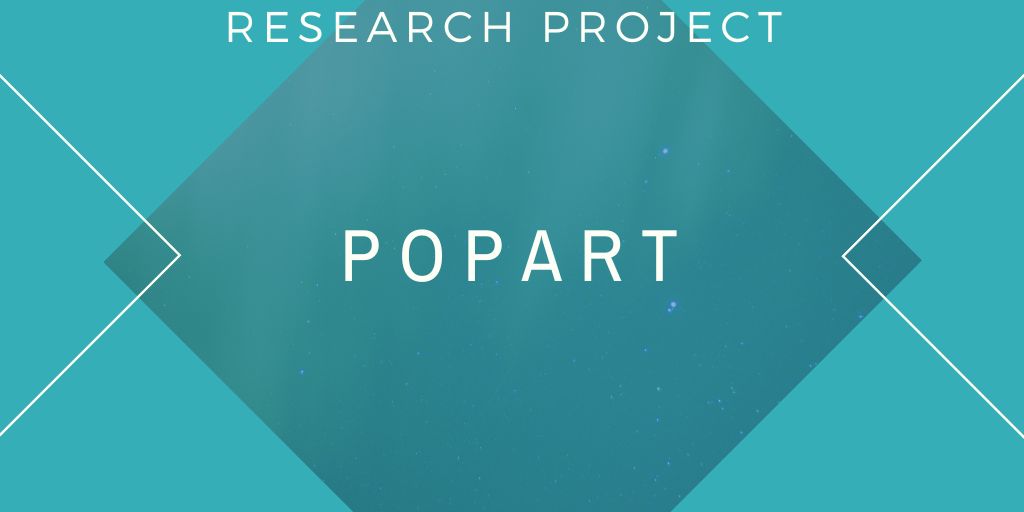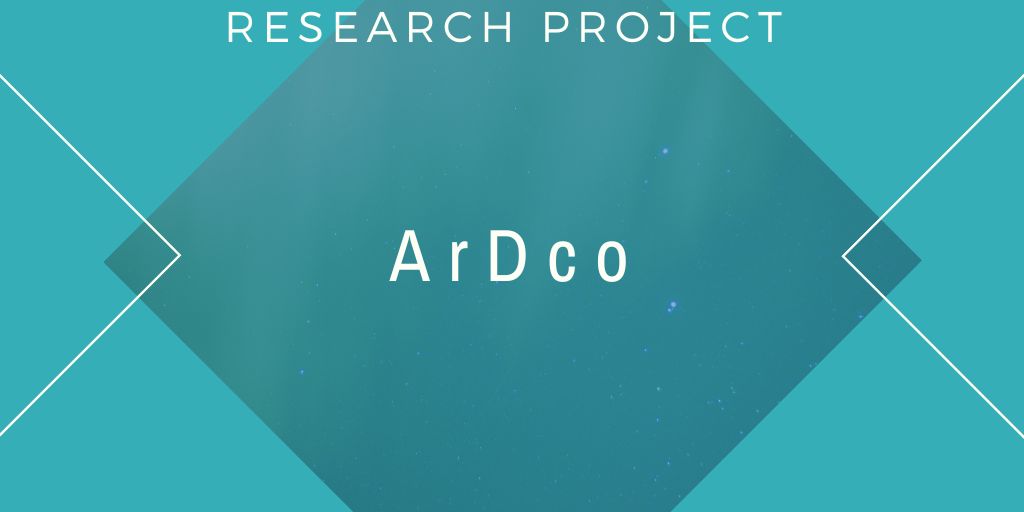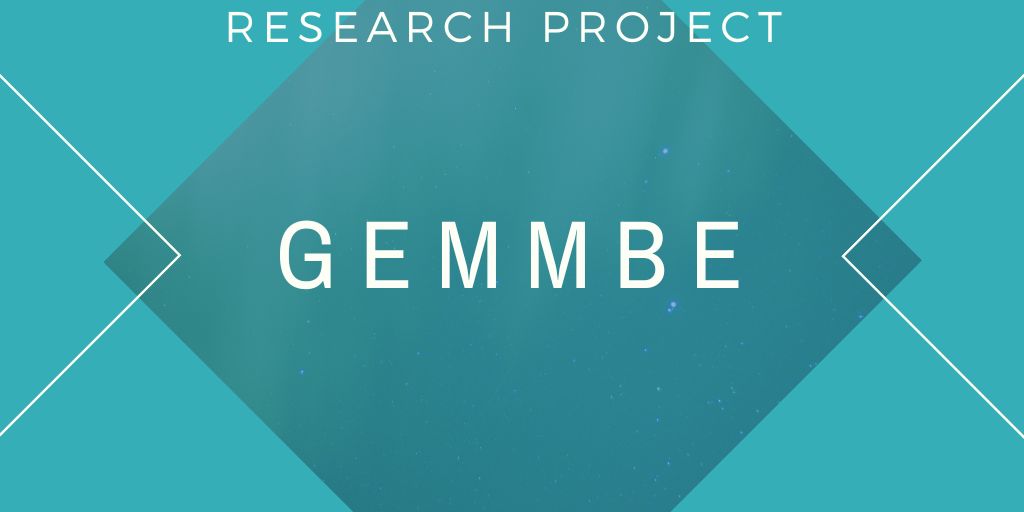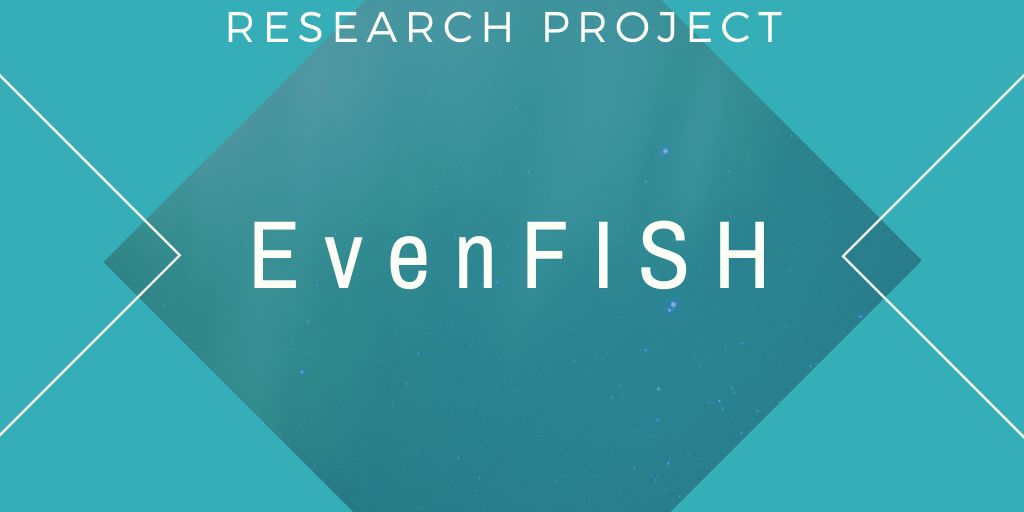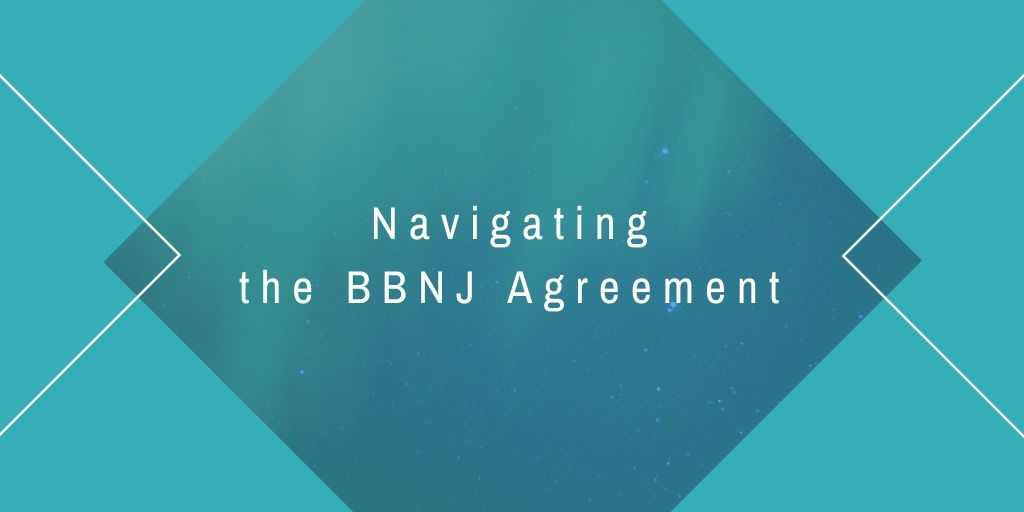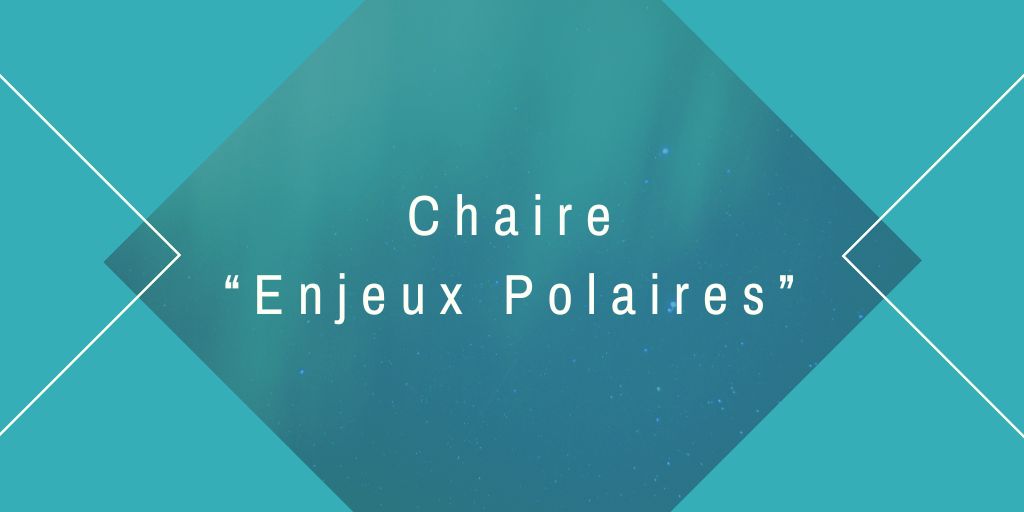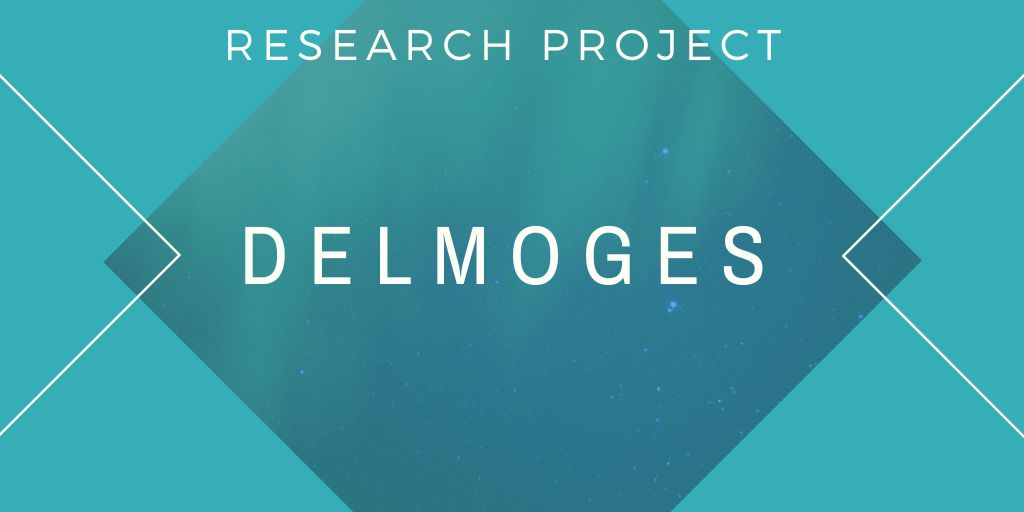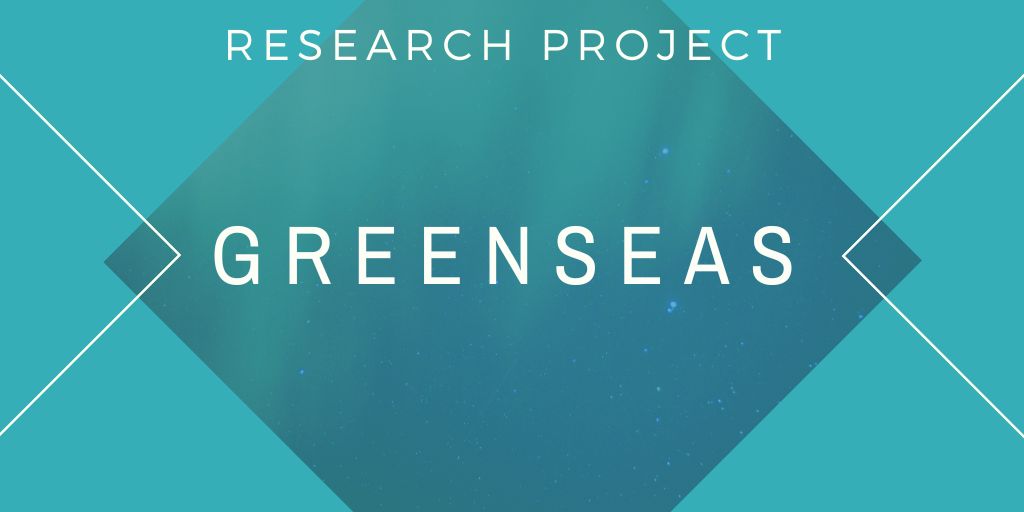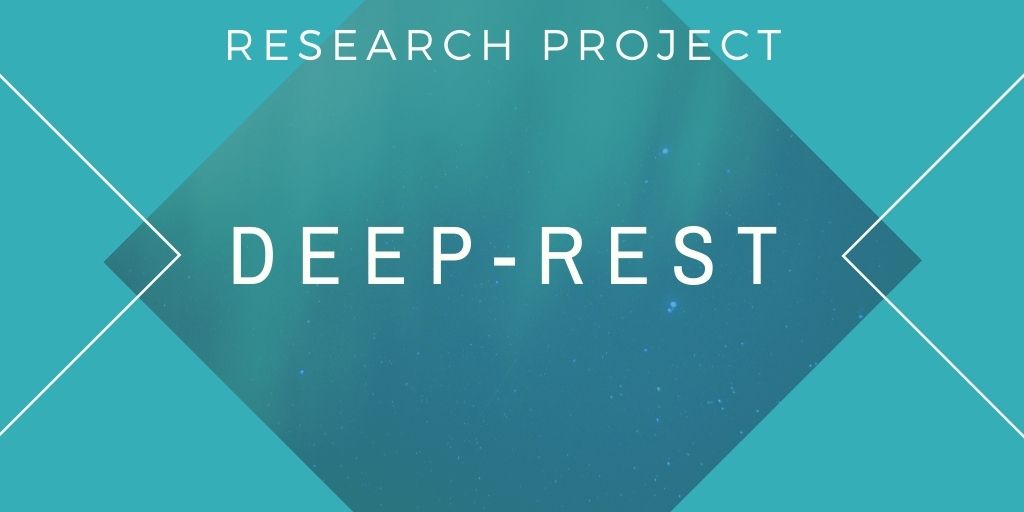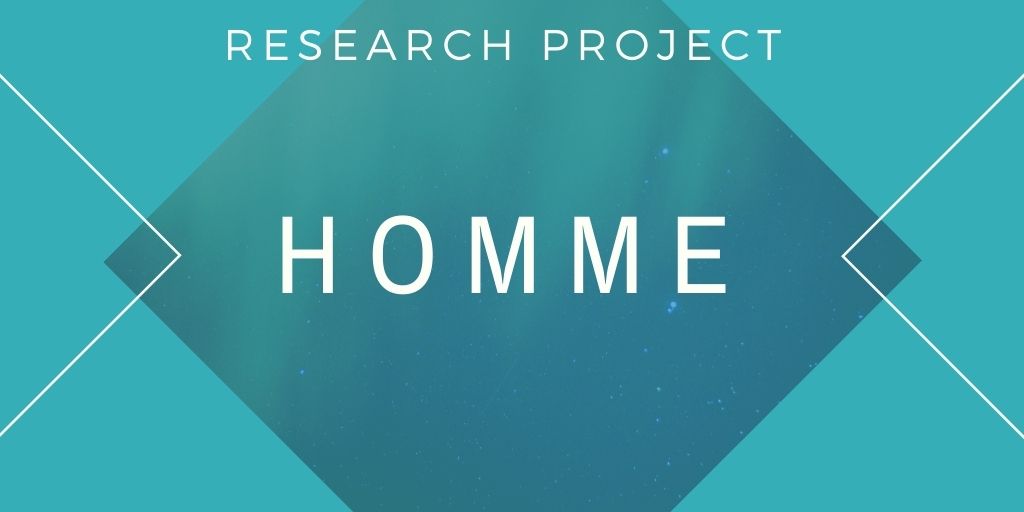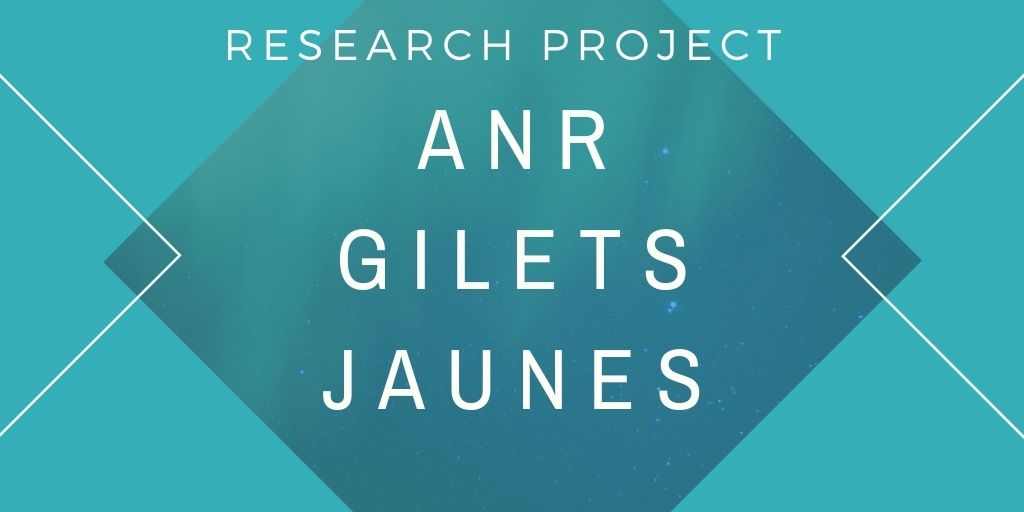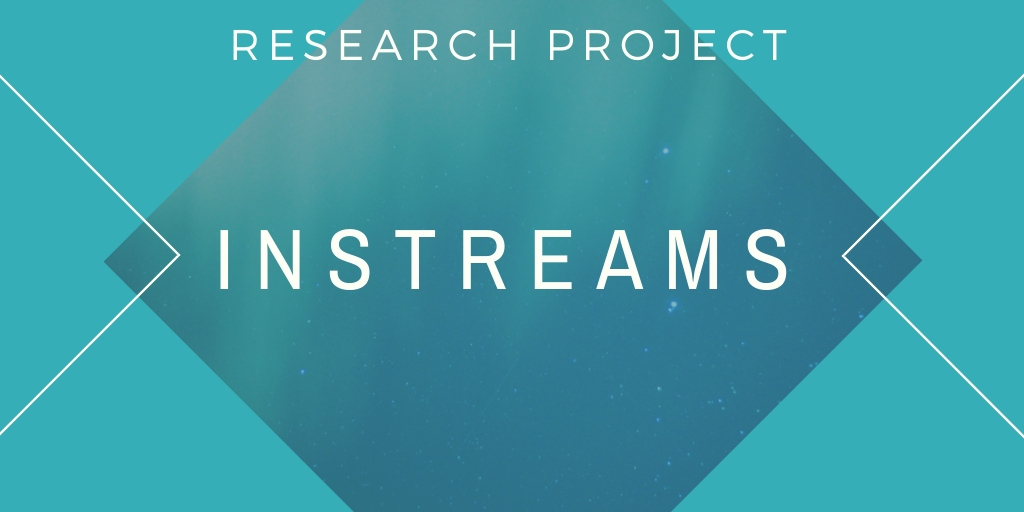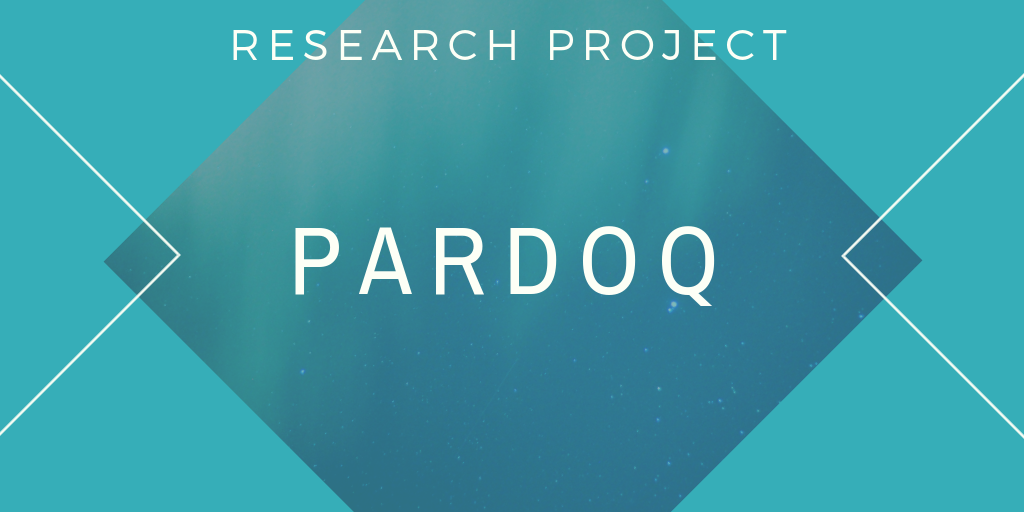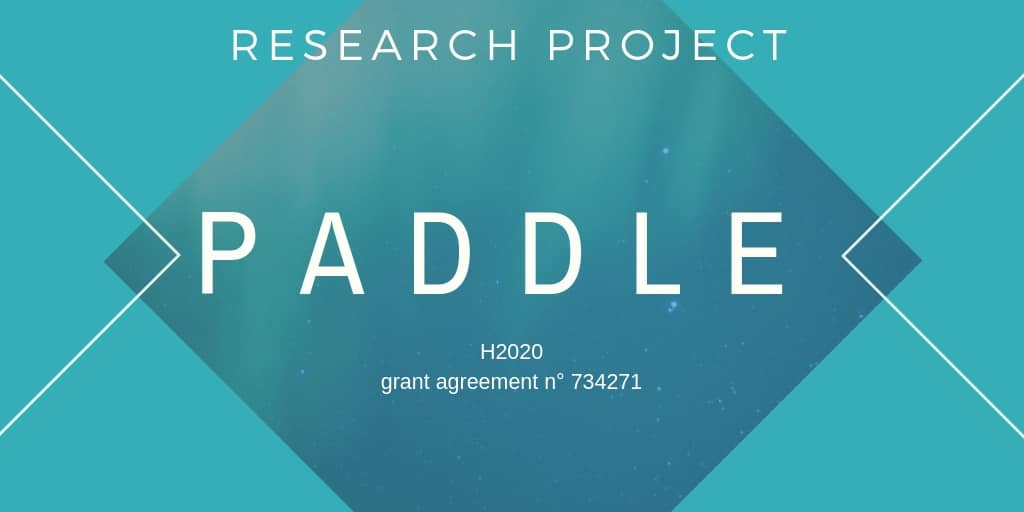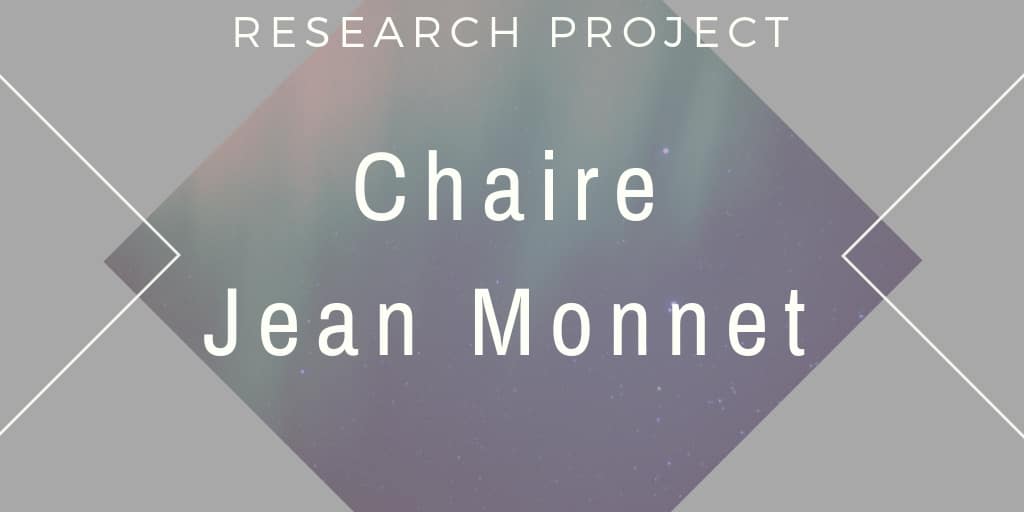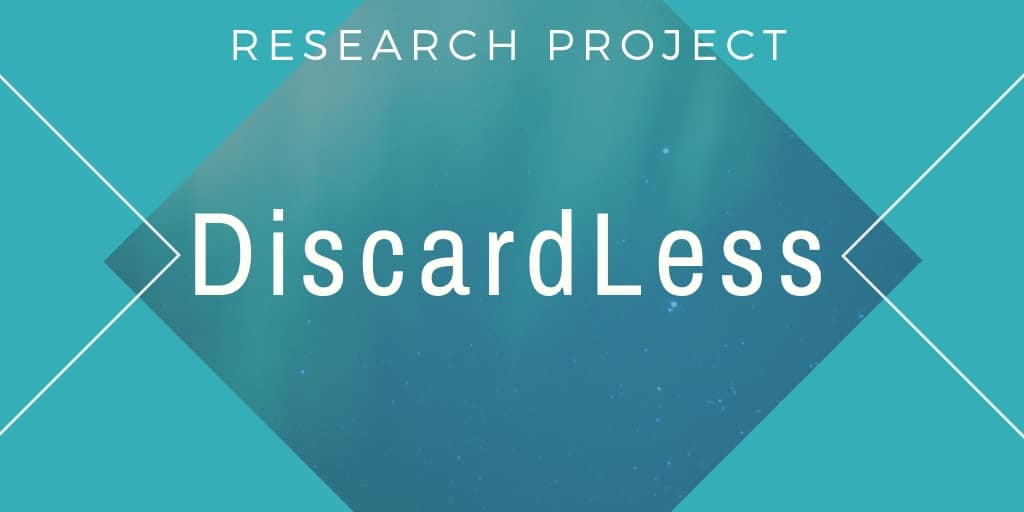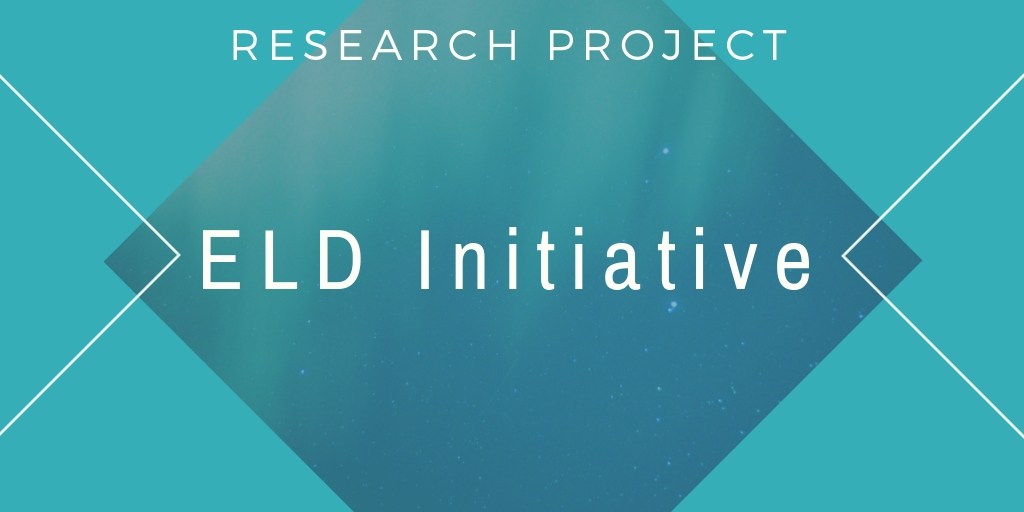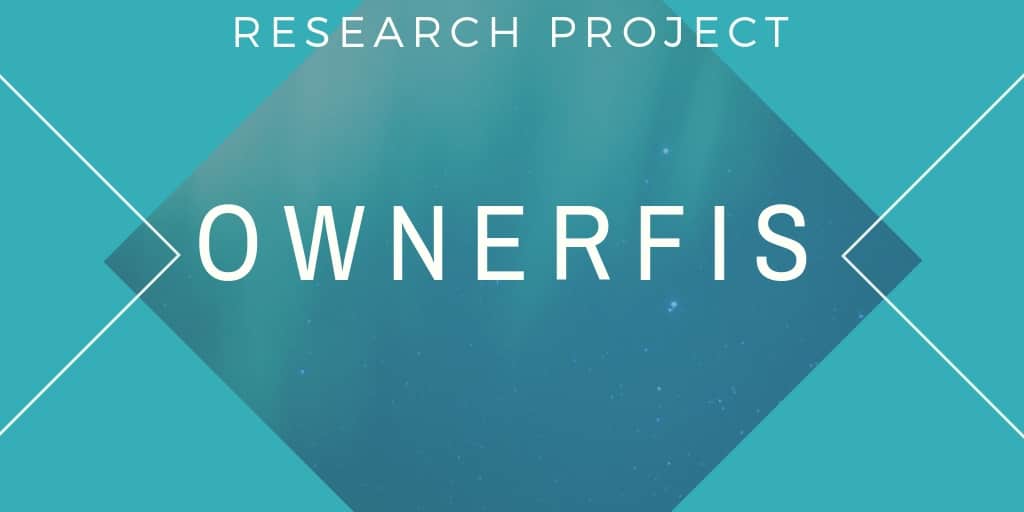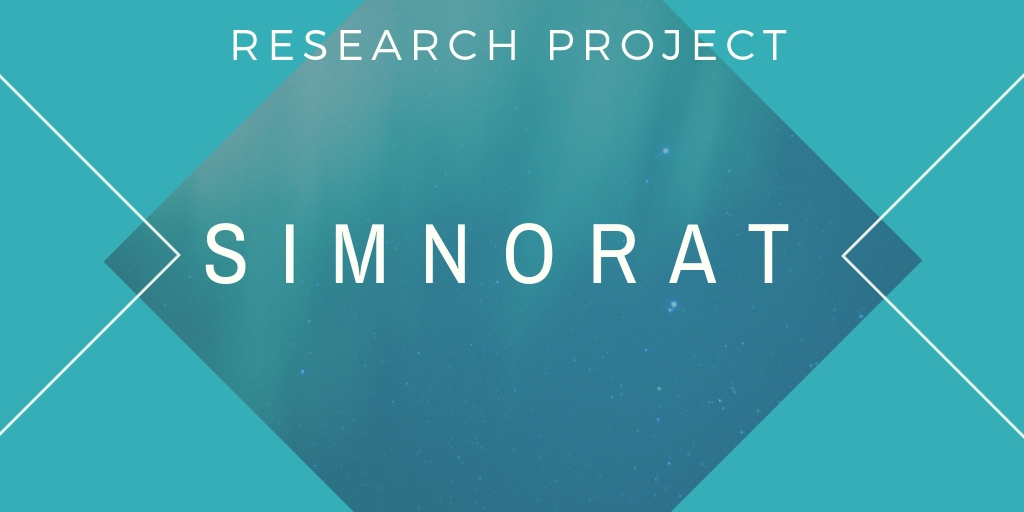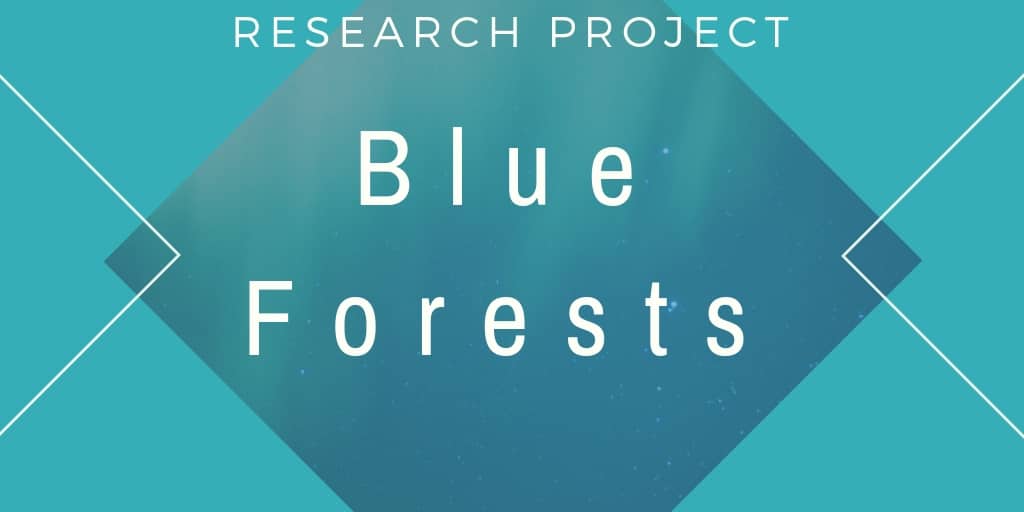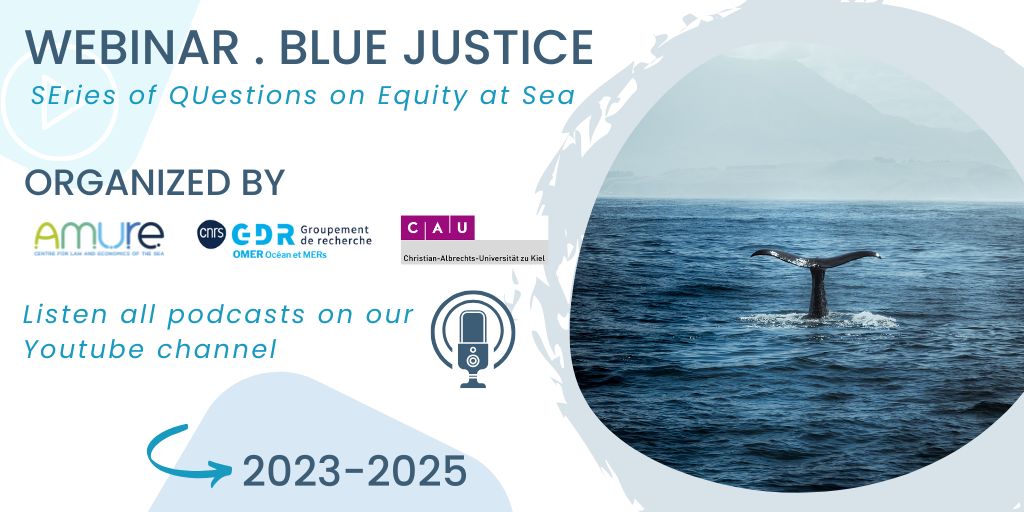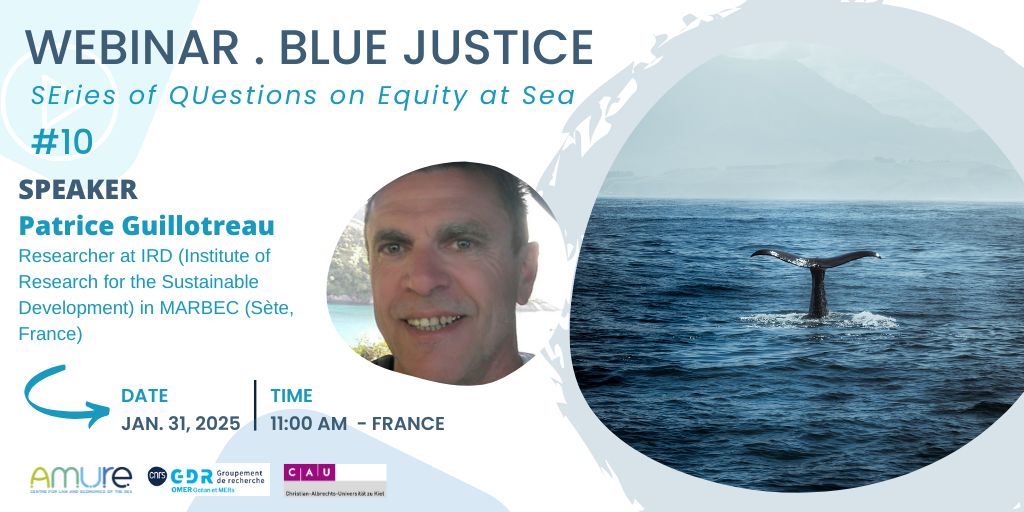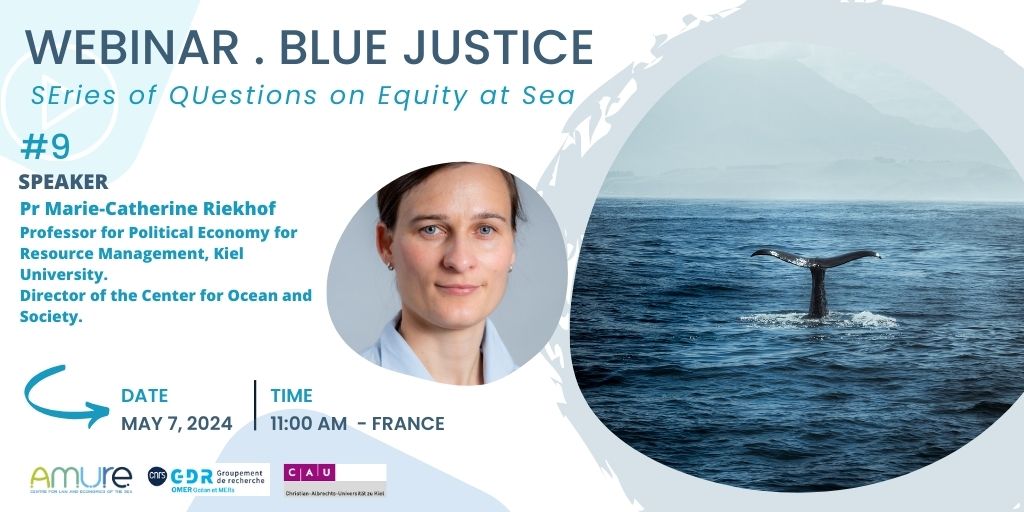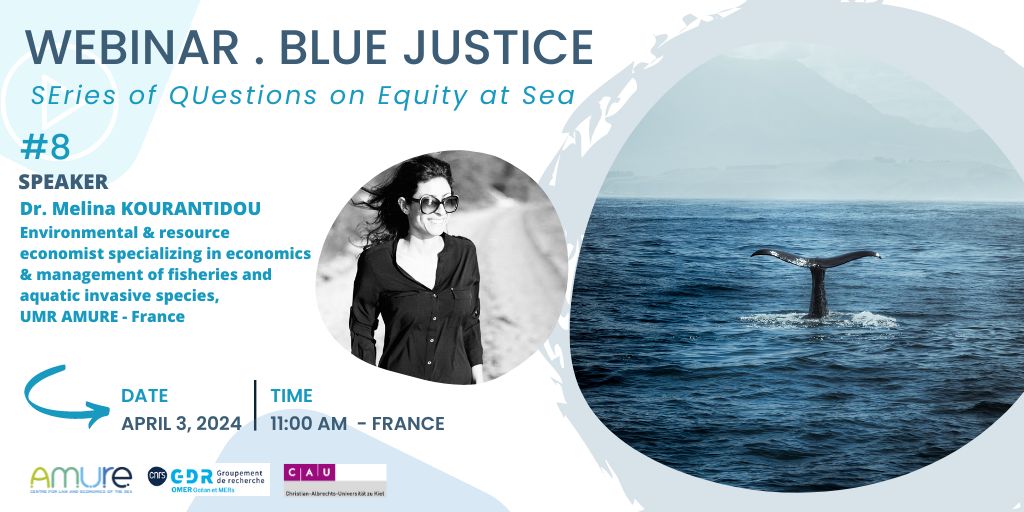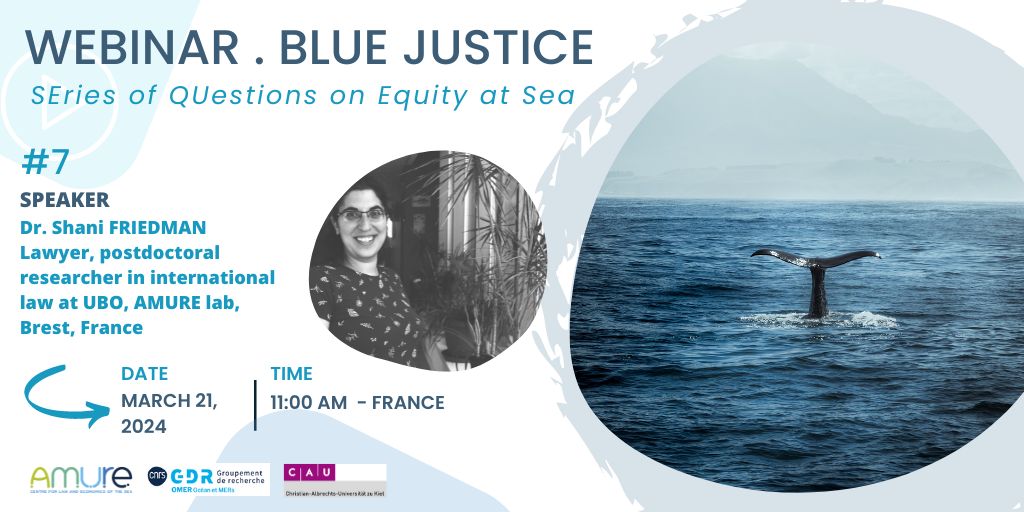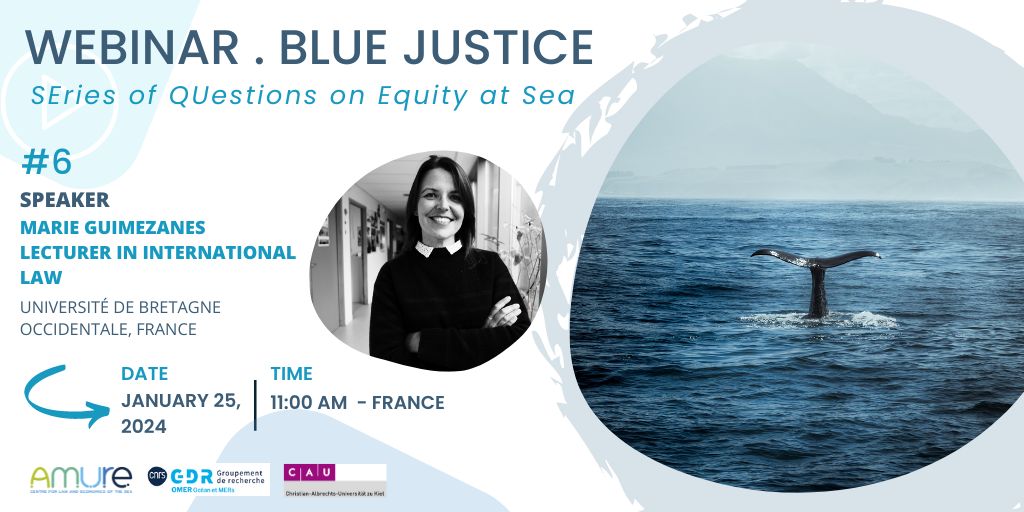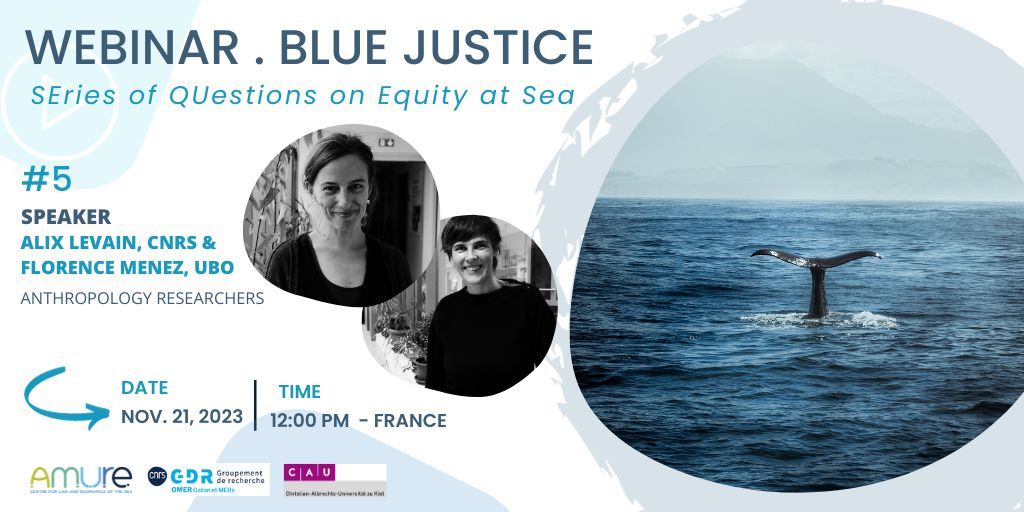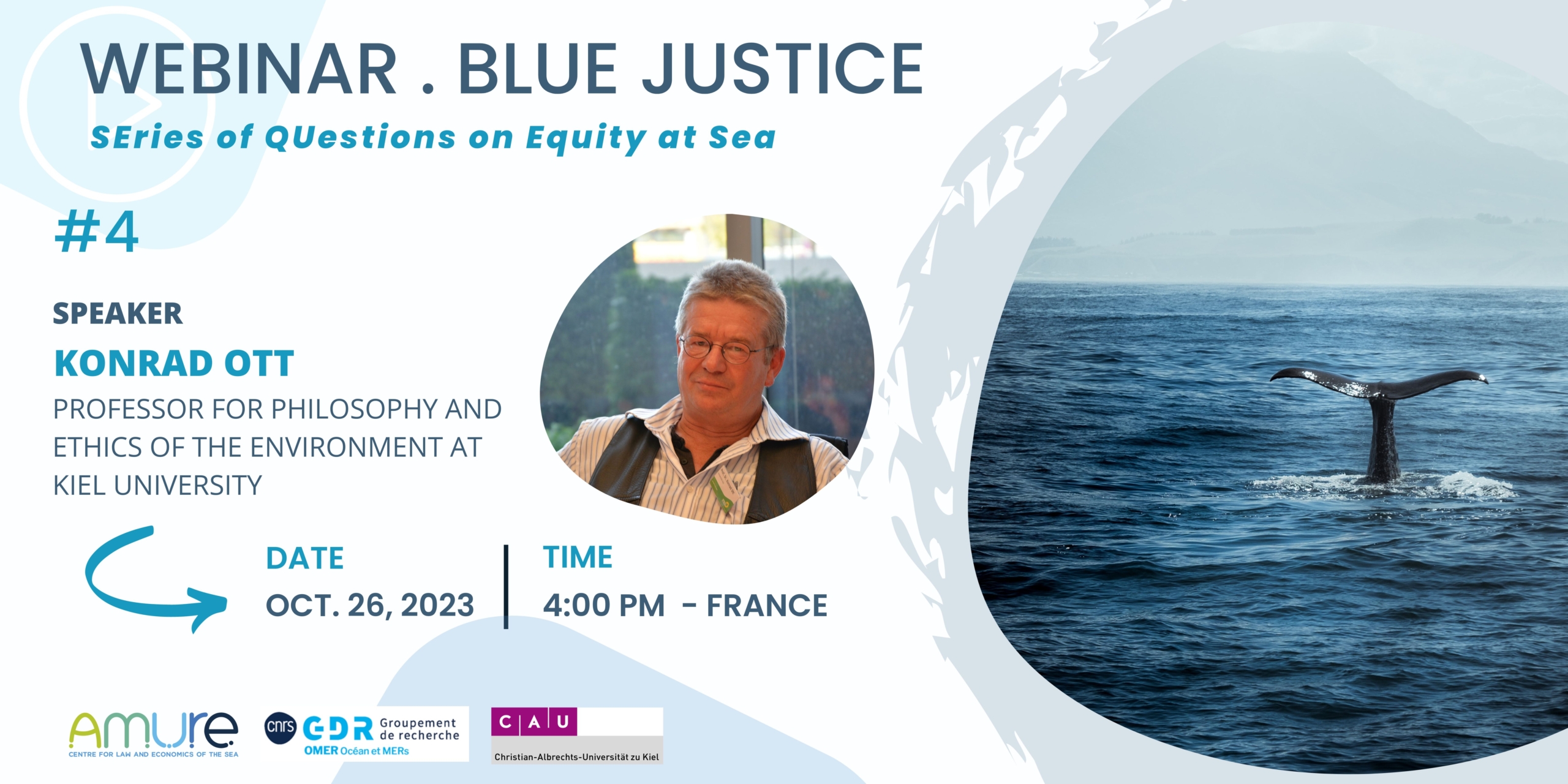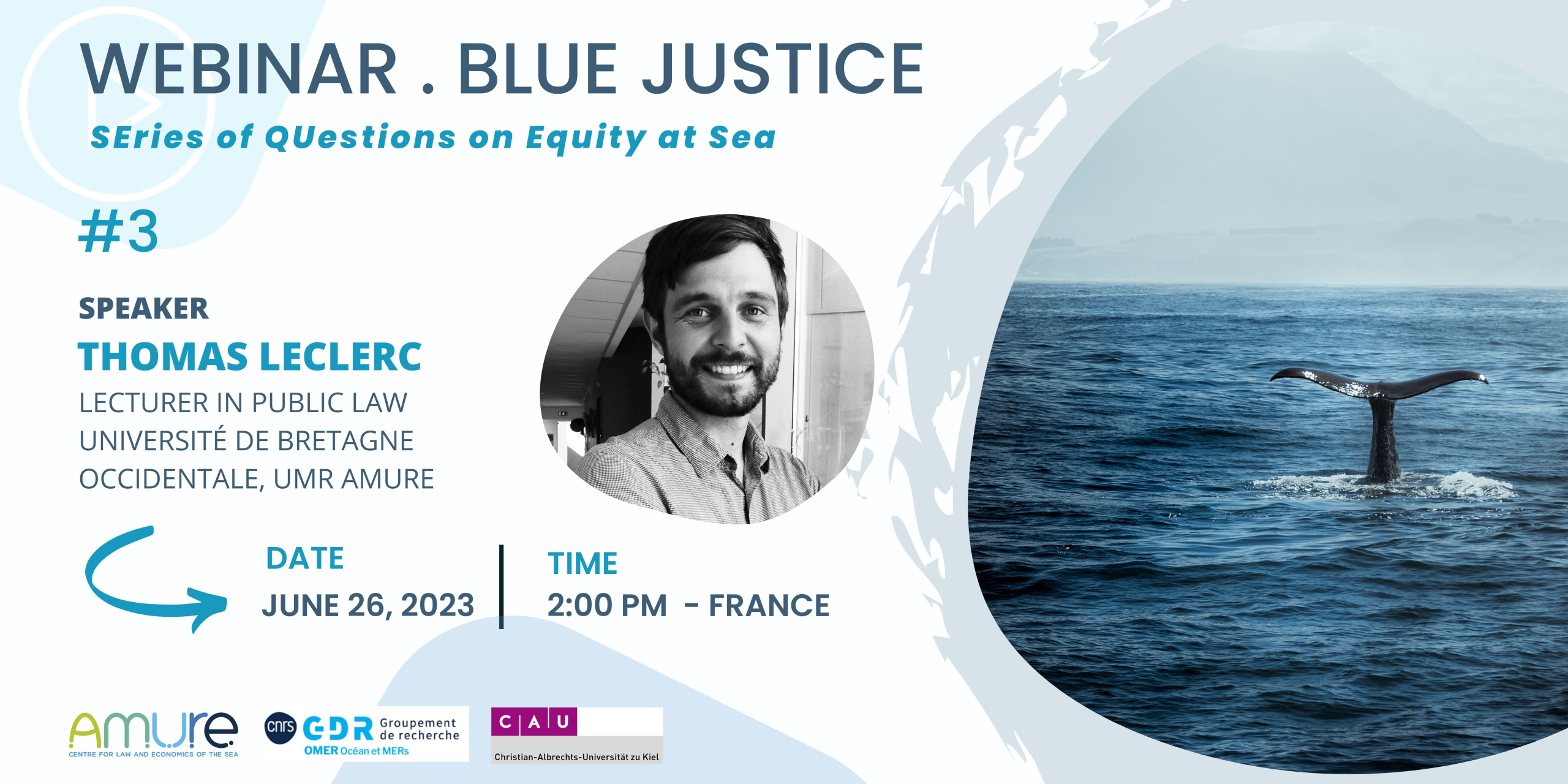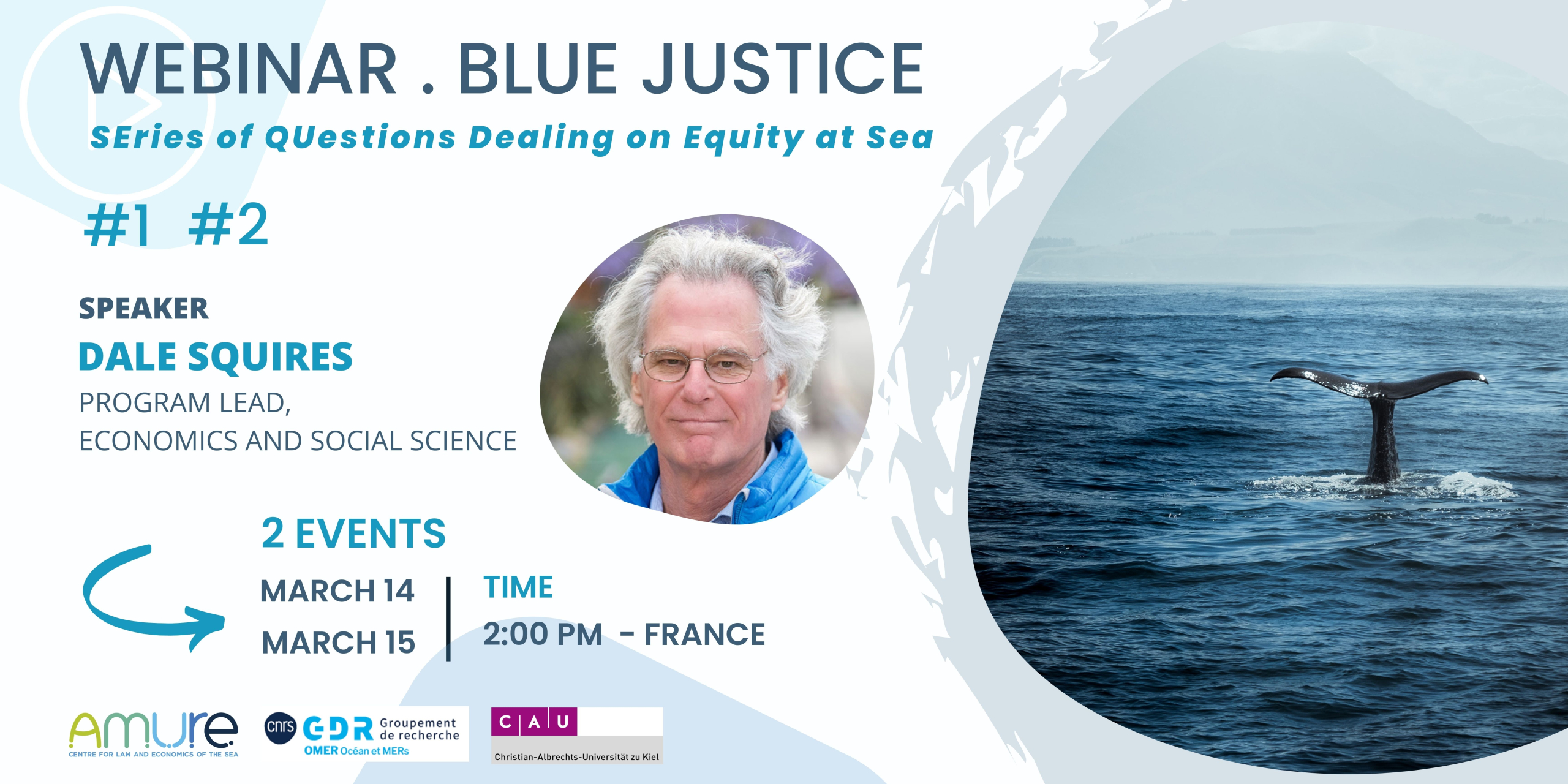#11 – March 11 2025, 11h AM (France)
Benjamin Dudouet is PhD Student at Universidade de Santiago del Compostela (Spain), working on the equity and social contract of the fisheries management systems. His research area : Fisheries management, Equity, Social justice, Quota management, Marine resource economics, Social contract.
Theoretical framework to assess equity in fisheries management systems
A “mutually agreed up coercion by the majority of the people affected” is recommended by Garrett Hardin to avoid the Tragedy of the common, and thanks to Ostrom, we know all the rules to well organized the collective exploitation of a common resource as fisheries. As highlight by Jentoft, considering equity in the collective organization is the way to improve the legitimacy of the system.
Equity in fisheries management systems could be define as the legitimacy of the collective organisation from a consented decision-making process with the purpose to benefit the collective interest by distributing the social primary goods and capabilities.
This social contract can be describe based on 3 factors, the rights, responsibilities and costs and benefits. And analyse It through a process of 3 steps: decision-making, management, and distribution and then under the scope of the rules-in-use and transaction costs.
Within this framework we will be able to understand the role of each actor, and how each decision, actions and strategy could lead toward equity. We will be able to describe and analyze the social contract of different fisheries management systems to identify the drivers of equity in fisheries management. The purpose of this work is to propose a framework able to compare the systems and understand how they could lead toward equity in the processus of decision-making, management, and distribution.
Podcast #11 : https://youtu.be/7sNbqxR71m0
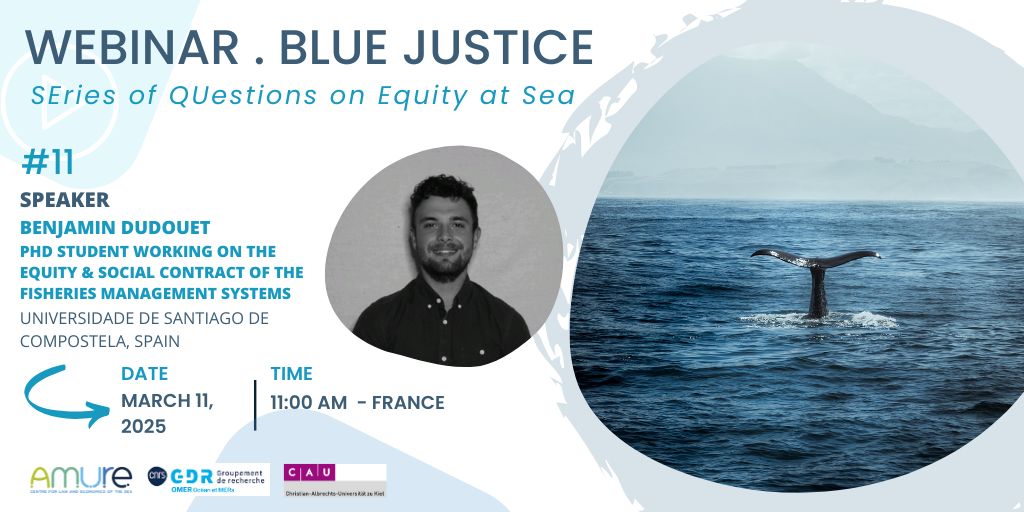
 https://www.umr-amure.fr/wp-content/uploads/2019/04/olivier_thebaud_2019.jpg
1460
1460
sophie marchand
https://www.umr-amure.fr/wp-content/uploads/2018/05/Logo-Amure-quadri.png
sophie marchand2018-06-25 17:05:192023-07-05 11:59:35Olivier THEBAUD
https://www.umr-amure.fr/wp-content/uploads/2019/04/olivier_thebaud_2019.jpg
1460
1460
sophie marchand
https://www.umr-amure.fr/wp-content/uploads/2018/05/Logo-Amure-quadri.png
sophie marchand2018-06-25 17:05:192023-07-05 11:59:35Olivier THEBAUD

